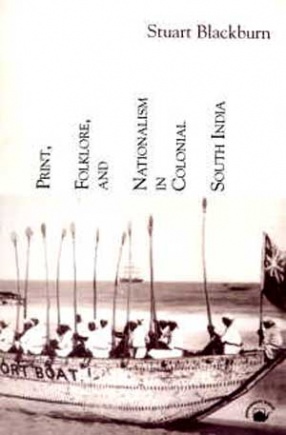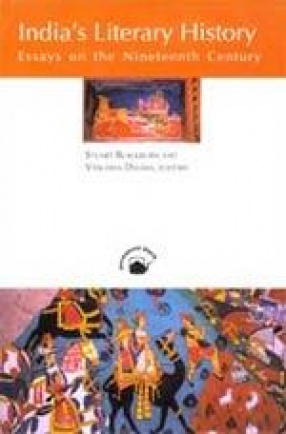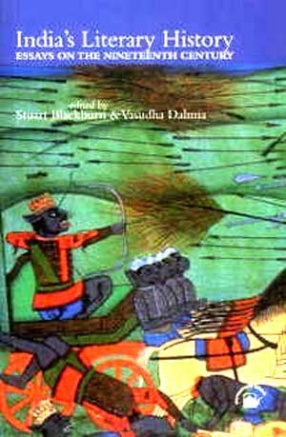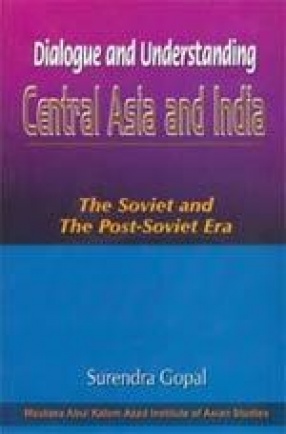Shifting emphasis from the effects to the uses of print, this book examines the intersection of printing and folklore in the context of colonial south India. It provides a history of printed books in Tamil and argues that printing must be examined alongside a set of literary practices that were largely set in train by the encounter with Europeans and European languages. The author examines the beginnings of the press in this country in this study ranging over three centuries of book publishing: from the activities of the early missionaries, to publishing at the College of Fort St George, as well as local responses through print.
The core of the book describes the uses of print in nineteenth-century Madras, especially the early decades when pundits set up presses that campaigned against missionary activity and produced books of folklore that were used first in schools and later in nationalist discourse. The book identifies two distinct Tamil formulations of folklore and the nation, which are set against a backdrop of their European counterparts.
In conclusion, the author suggests that, although it was hailed as an expression of 'nationalist literature', folklore failed as a vehicle for nationalism because other literary texts filled that role and because folklore is always viewed with ambivalence: as both a symbol of indigenous culture and a marker of backwardness. Arrested on the page, however, printed folklore allowed a recollection of the vanishing village.








There are no reviews yet.